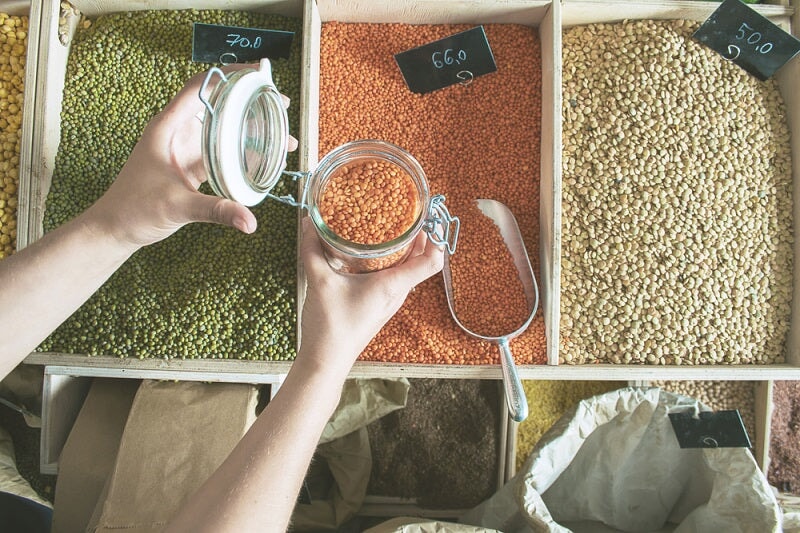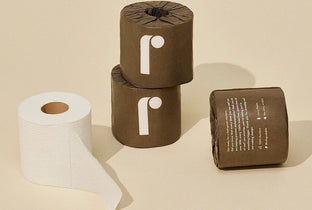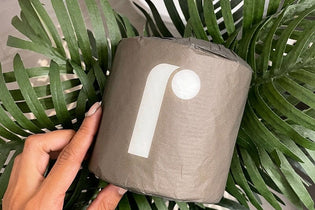
TLDR
If you’ve ever had the experience of opening your kitchen cabinets, storage pantry, or home supply closet and discovering that the household product you were expecting to find is perilously depleted or missing, you understand the frustration and inconvenience that arises.
When this happens, you’re likely to find yourself faced with one of three options, none of which are particularly desirable: making a last-minute trip to the grocery store, devising a spur-of-the-moment substitution, or simply going without.
For many consumers, such dilemmas are easily avoided thanks to one solution: buying in bulk and stocking up on large quantities of your most frequently used products. Whether it’s a cleaning product, your favorite breakfast food, or an everyday necessity like light bulbs, keeping your reserves well-stocked by knowing how to buy in bulk is a simple way to sidestep the hassle altogether.
Understanding Bulk Buying
Bulk buying (also known as wholesale buying) refers to the practice of buying several individual units of an item at one time. This is a common practice between various actors in the world of retail sales, with applications for nearly all types of product transactions, including:
- Clothing and apparel
- Sporting goods
- Electronics
- Groceries
- Home goods
To fully grasp the process of buying bulk toilet paper, it’s useful to have an understanding of how paper products move along the product chain. Although there can be variations depending on a range of factors—from specific product types to individual brands and more—this chain generally involves four entities:1
Why Customers Decide to Buy in Bulk
Although a majority of customers make purchases of individual product units, there are a range of benefits associated with buying larger quantities, especially if you know how to buy in bulk. Some of the perks of buying in bulk are immediately apparent. For example, bulk goods are generally less expensive per unit than the price you pay when you purchase them individually.
On the other hand, some of the benefits of buying in bulk aren’t as immediately observable. Instead, some perks are more cumulative and easier to recognize in the long term.
For the customer, the benefits of bulk buying run the gamut from ones that are reflected in your personal finances to those that are more wide-ranging. In general, however, learning how to buy in bulk comes with the following advantages:4
However, those financial gains are likely to impact your finances in ways that aren’t as directly related to pricing. For example, you may reduce transportation-related costs as a result of using less gas or reducing vehicle wear and tear.

Bulk Buying Pro Tips: What To Buy and When To Buy It
Bulk buying isn’t always the most intuitive process, in large part because the extent of the various benefits may be affected by several factors, from fluctuating price points to the frequency with which you use specific products. But a thorough understanding of how to buy in bulk can prepare you to make purchasing decisions that enable you to harness the power of bulk buying and use it to your advantage.
The first step is understanding what kinds of items are best to buy in bulk. For example, avoiding bulk quantities of perishable food items, like dairy products or fresh produce, prevents you from ending up with goods that spoil before you’re able to use them.
On the other hand, products with longer shelf lives make for an excellent bulk purchase. These include the following items, among others:5
- Paper goods like bamboo toilet paper, recycled paper towels, and tissues
- Bathroom products like shampoo, conditioner, and soap
- Cleaning products like glass and surface cleaners, sponges, and antibacterial wipes
- Kitchen staples like garbage bags, aluminum foil, dish soap, and coffee filters
- General use items like light bulbs, laundry detergent, batteries, and more
- School and office supplies like pens, pencils, printer toner, notebooks, and binders
Aside from knowing what to buy in bulk, it’s also important to know when bulk buying is a wise decision. Purchasing large quantities isn’t the right move for every shopper, but keeping the following points in mind can help you make the right decision when it comes to bulk shopping.
In general, bulk buying is the way to go when:6

Reel Paper: Changing the World One Household At a Time
Bulk buying can positively impact your budget, family, and the world at large, especially when you make thoughtful purchasing decisions in concert with other small changes that reduce your personal footprint.
At Reel Paper, we believe that everyday sustainability is no one’s obligation; it’s everyone’s opportunity. That’s why we’re helping you help the planet by making eco-friendly household paper products—like tissues, paper towels, and toilet paper—that are 100% tree-free, absent of harmful plastics, and available on a subscription basis so that you’re never without the supplies you need. (That means no more surprise empty cabinets, pantries, or supply closets.)
Join us today to stock your household with the products you rely on and help ensure a better world for generations to come.
Sources:
- Lightspeed HQ. Everything You Need to Know About How to Buy Wholesale. https://www.lightspeedhq.com/blog/how-to-buy-wholesale/#
- Yahoo. Top 15 Manufacturing Companies in the US. https://www.yahoo.com/video/top-15-manufacturing-companies-us-164034446.html
- ThomasNet. Top Food Distributors and Suppliers in the USA. https://www.thomasnet.com/articles/top-suppliers/food-distributors-and-suppliers-in-the-usa/
- Attitude Living. 5 Eco-Friendly Reasons to Start Bulk Buying. https://attitudeliving.com/blogs/lifestyle/5-eco-friendly-reasons-to-start-bulk-shopping
- Money Done Right. 31 Common Household Items You Should Buy in Bulk and Save Money. https://moneydoneright.com/personal-finance/saving-and-budgeting/things-to-buy-in-bulk/
- Updater. How to Buy in Bulk: Ultimate Guide. https://updater.com/moving-tips/how-to-buy-in-bulk
- Merriam-Webster Dictionary. Bulk Definition & Meaning. https://www.merriam-webster.com/dictionary/bulk




0 comments